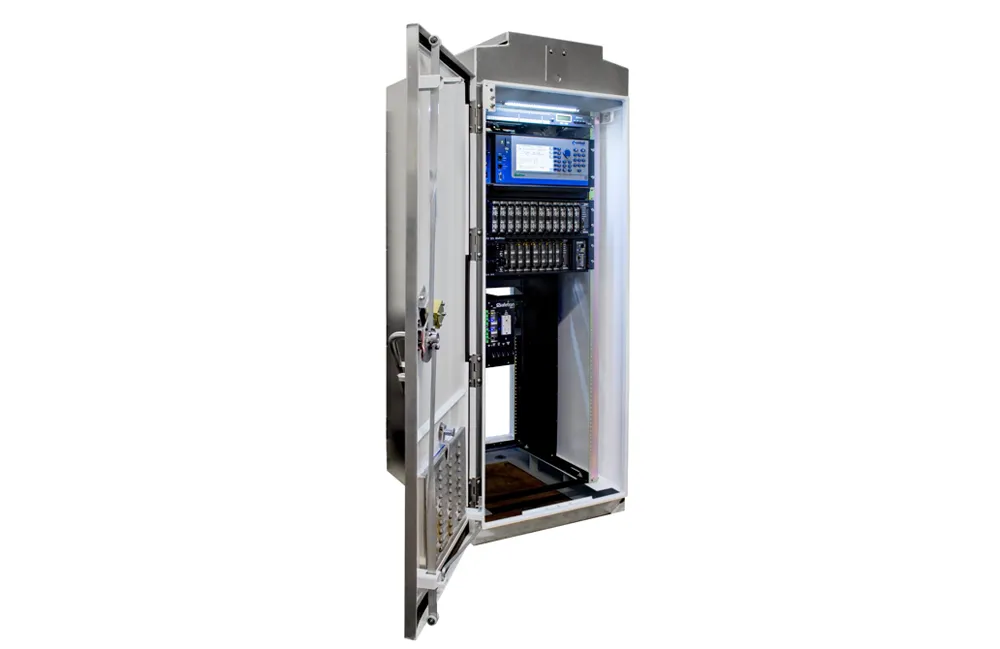AT&T is joining the connected car market, with the unveiling of its connected car program at the recent Consumer Electronics Show. According to AT&T mobility CEO Ralph de la Vega, analysts expect more than 20 million connected cars will take to the road in the next three years, and AT&T wants to be at the forefront of this emerging market. The company demonstrated its intentions in a video showing the kind of technologies that can be expect its vision of the future connected car, including biometric sensors
January 14, 2013
Read time: 2 mins
AT&T is joining the connected car market, with the unveiling of its connected car program at the recent Consumer Electronics Show. According to AT&T mobility CEO Ralph de la Vega, analysts expect more than 20 million connected cars will take to the road in the next three years, and AT&T wants to be at the forefront of this emerging market.
The company demonstrated its intentions in a video showing the kind of technologies that can be expect its vision of the future connected car, including biometric sensors to unlock the doors. Once inside, the vehicle immediately recognises the driver, and voice software provides him with recent emails and other information.
AT&T says it wants users’ cars to be assistants that connect them to their personal cloud. It features voice-activated email dictation, real-time traffic monitoring with alternate route guidance and smartphone connectivity. It can also find the driver a safe place to pull over.
In addition to the navigation and app-friendly systems being implemented in current vehicles, AT&T also wants to allow backseat passengers to access entertainment offerings. The video showed users accessing AT&T’s Uverse from the backseat via two large displays, allowing them to watch TV shows and take video calls.
The company demonstrated its intentions in a video showing the kind of technologies that can be expect its vision of the future connected car, including biometric sensors to unlock the doors. Once inside, the vehicle immediately recognises the driver, and voice software provides him with recent emails and other information.
AT&T says it wants users’ cars to be assistants that connect them to their personal cloud. It features voice-activated email dictation, real-time traffic monitoring with alternate route guidance and smartphone connectivity. It can also find the driver a safe place to pull over.
In addition to the navigation and app-friendly systems being implemented in current vehicles, AT&T also wants to allow backseat passengers to access entertainment offerings. The video showed users accessing AT&T’s Uverse from the backseat via two large displays, allowing them to watch TV shows and take video calls.










